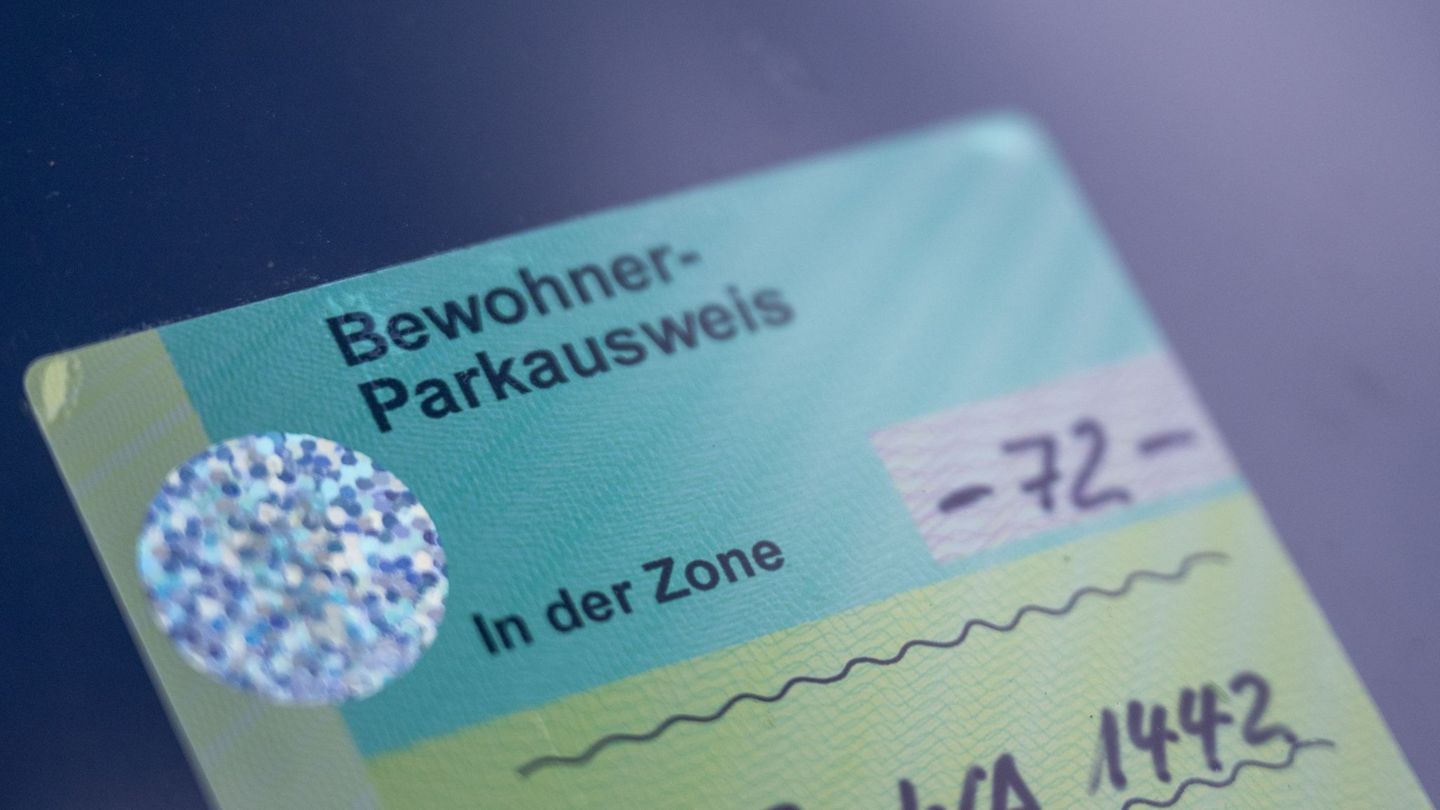Menu
Transport and the environment: Environmental aid: resident parking in many cities too cheap
Categories
Most Read
World trade: China’s foreign trade increased unexpectedly sharply in September
October 13, 2025
No Comments
Cash: Only cash is real in Europe. The situation in the morning
October 13, 2025
No Comments
World trade: China’s exports and imports increased significantly in September
October 13, 2025
No Comments
Luis Caputo, after the agreement with the US: Dollarization is ruled out
October 13, 2025
No Comments
the panorama of two leading brands in Argentina
October 12, 2025
No Comments
Latest Posts

Precious metals: Gold resumes record hunt – customs dispute in focus
October 13, 2025
No Comments
AngelicaI am an author and journalist who has written for 24 Hours World. I specialize in covering the economy and write about topics such as

People: Reese Witherspoon: Wanted to be a surgeon because of parents
October 13, 2025
No Comments
Lisa HarrisI am an author and journalist who has worked in the entertainment industry for over a decade. I currently work as a news editor

Katja Krasavice: Rapper talks about the house search
October 13, 2025
No Comments
Drink driving Katja Krasavice’s house search: rapper talks about the operation Listen to article Copy the current link Add to wishlist After a Tiktok video,
24 Hours Worlds is a comprehensive source of instant world current affairs, offering up-to-the-minute coverage of breaking news and events from around the globe. With a team of experienced journalists and experts on hand 24/7.

